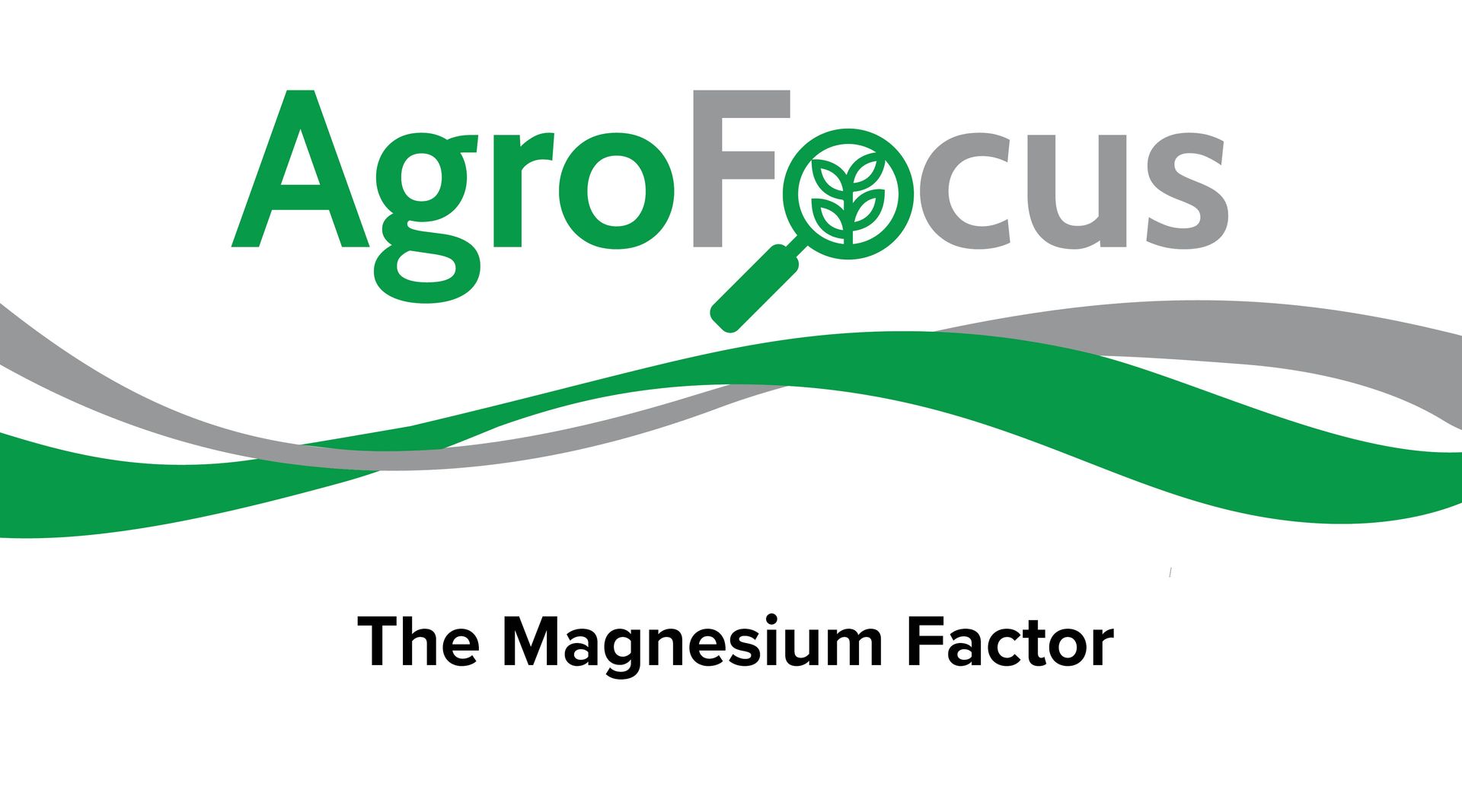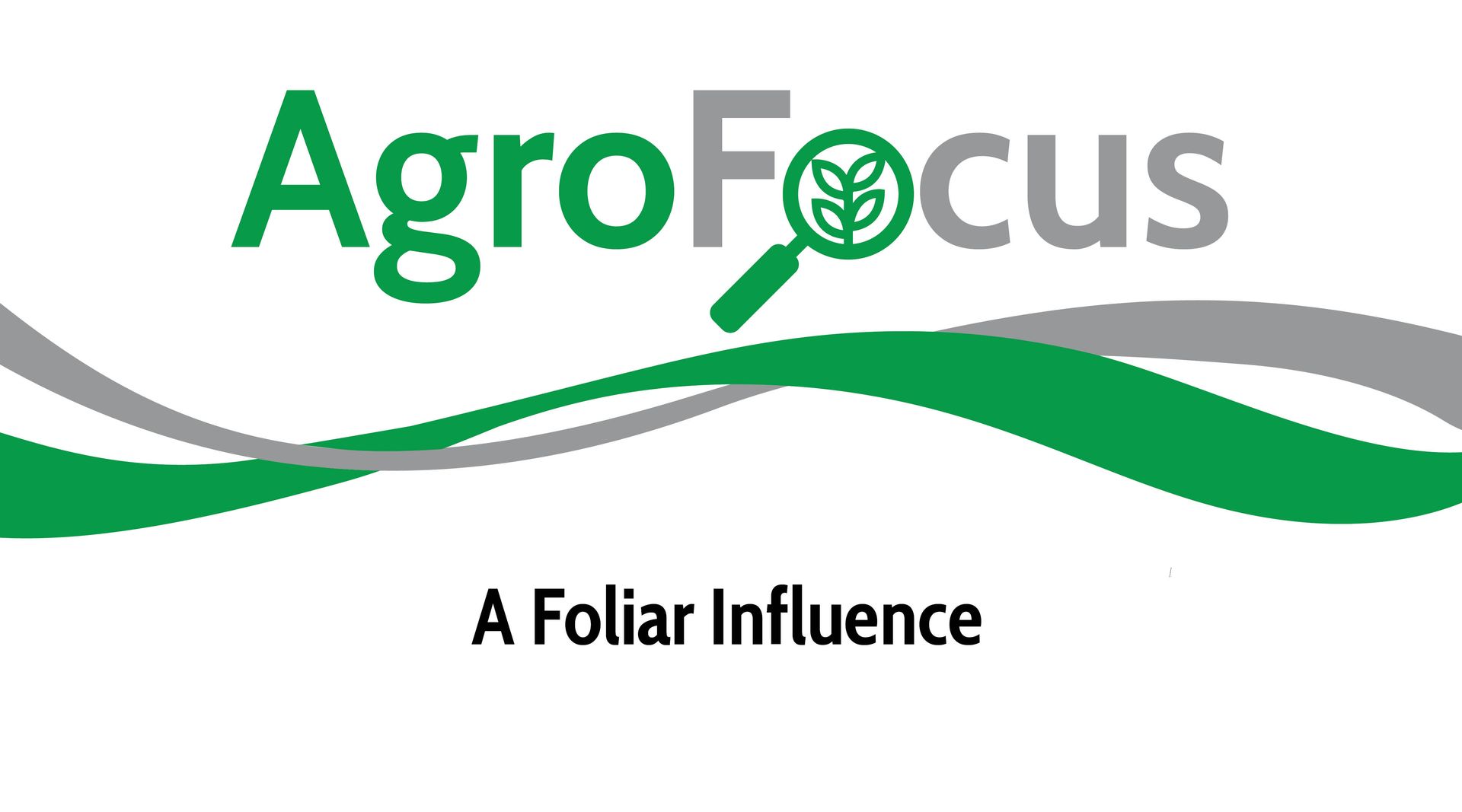

It is hard to believe much of anything we are told, hear, or fed through all of the multiple media sources these days. Honesty, decorum, civility, and trustworthiness seems to have evaporated from society and for us baby boomers, it’s sad and discouraging. Hopefully things will return to a positive place and our next generation of young people will have the opportunity to appreciate what taking people at their word and a firm handshake truly mean. One thing that is real and without fault are our crops: our plants never lie and will always tell us what is going on with their health. This is the time of season to consider pulling leaf samples for lab analysis. Our plants will tell us what, if any, nutrient is deficient and may need replenishing. We pull a lot of leaf tissue samples and over the years, potassium has become the leading primary nutrient becoming more and more deficient. Our genetics have improved production potential to a new level, our populations have increased, and we remove a lot more plant nutrients with the combine and picker than we did just 8 – 10 years ago. It is important to monitor plant nutrient levels in order to maintain production and yield. Below are some typical deficiency symptoms we often see. NACHURS nutrient programs encourages incorporation of tissue testing in order to prevent any of these symptoms. Our goal is for your crop NOT to have any big dips or spikes in nutrient levels. There are a host of labs who do excellent work, not to mention most land grand universities. Waypoint Labs, Waters Labs, Midwest Labs are three that a lot of agrons use. Bottom line: look at your crop and take some random leaf samples from near the top of the plant. Let the plant tell you what it needs before it becomes deficient. Your local NACHURS rep and dealer will be able to help determine the best nutrient route to take to maintain optimal levels.
It is hard to believe much of anything we are told, hear, or fed through all of the multiple media sources these days. Honesty, decorum, civility, and trustworthiness seems to have evaporated from society and for us baby boomers, it’s sad and discouraging. Hopefully things will return to a positive place and our next generation of young people will have the opportunity to appreciate what taking people at their word and a firm handshake truly mean.
One thing that is real and without fault are our crops: our plants never lie and will always tell us what is going on with their health. This is the time of season to consider pulling leaf samples for lab analysis. Our plants will tell us what, if any, nutrient is deficient and may need replenishing. We pull a lot of leaf tissue samples and over the years, potassium has become the leading primary nutrient becoming more and more deficient.
Our genetics have improved production potential to a new level, our populations have increased, and we remove a lot more plant nutrients with the combine and picker than we did just 8 – 10 years ago. It is important to monitor plant nutrient levels in order to maintain production and yield. Below are some typical deficiency symptoms we often see. NACHURS nutrient programs encourages incorporation of tissue testing in order to prevent any of these symptoms. Our goal is for your crop NOT to have any big dips or spikes in nutrient levels.

